COP26: This is what individuals can do to slow down climate change, according to experts
Individuals can move the needle, but it's not all up to them, experts say.
As the leaders of the world gather in Glasgow to discuss the fate of the climate crisis, the power to save the planet from destruction caused by humans does not only lie in the hands of those in power.
While the majority of reductions in greenhouse gases will need to be accomplished by transformation in policy and industry, individual actions can also help prevent further warming, according to the experts.
"As individuals, we have to pursue collective action to actually move the needle on this," Jason Smerdon, a climate scientists for Columbia University's Lamont Doherty Earth Observatory, told ABC News.
This is what individuals can do to help slow down climate change, according to experts:
Discuss climate change at the dinner table
Recent polling shows that global warming is "one of those controversial subjects that don't get discussed at the dinner table," but according to Smerdon, that is a mistake.
"People often say that you shouldn't talk about religion or politics at the dinner table ... and that's a significant disadvantage," he said. "People need to be discussing what it means for us individually, what it means for our communities, the regions where we live."

Smerdon encourages people who are educated and worried about the issue to talk to their loved ones and inner circles about what climate change would mean for them.
Continue to talk about climate change to transform the culture and "mobilize at the scale we need," Dr. Ayana Elizabeth Johnson, a marine biologist, environmental policy expert and founder of the Urban Ocean Lab, a think tank for urban coastal cities, told ABC News.
Use the power of the vote
It's up to the voter to put politicians in place to implement solutions already available, such as renewable energy, restoring ecosystems, practicing regenerative farming and making transportation greener, according to the experts.
Actions taken during the Trump administration, such as the decision to roll back dozens of environmental protections and remove the U.S. from the Paris Agreement, as well as holding the Biden administration accountable on their promises, illustrate why it is so important to vote in every single election, Johnson said.
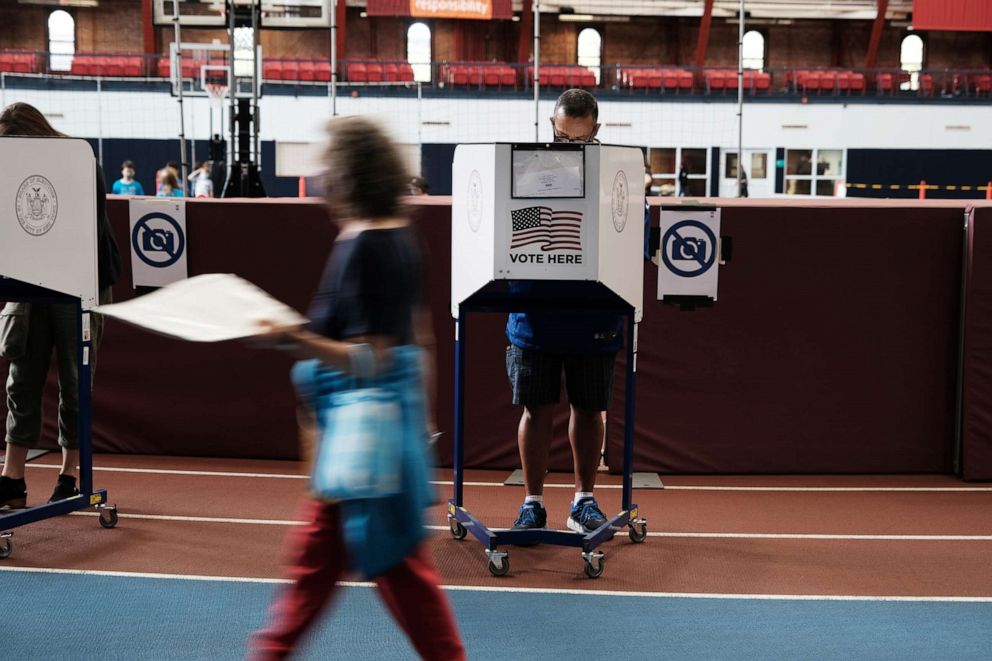
Lawmakers will need to address the structural deficiencies and ensure that climate legislation is passed and implemented swiftly, Smerdon said.
"The biggest, the most important things with regard to addressing climate change are addressing so many of the threats to our democracy that are unfolding currently in the United State," Smerdon said, adding that gerrymandering, the filibuster, the strong money lobby within politics and voter disenfranchisement are all "real, serious impediments to passing climate change legislation."
Carefully select who to do business with
A relative few number of companies are responsible for an overwhelming percentage of the world's industrial greenhouse gas emissions, why it's important for consumers to know where they are putting their money, activists say.
Just 100 companies worldwide are responsible for 71% of the world's industrial greenhouse gas emissions since 1988, according to a report by the non-profit Carbon Disclosure Project, published in 2017.
It is important to "look at the institutions that are financing and expanding and digging us more deeply in this climate hole," Lindsey Allen, executive director of the non-profit Rainforest Action Network, told ABC News.
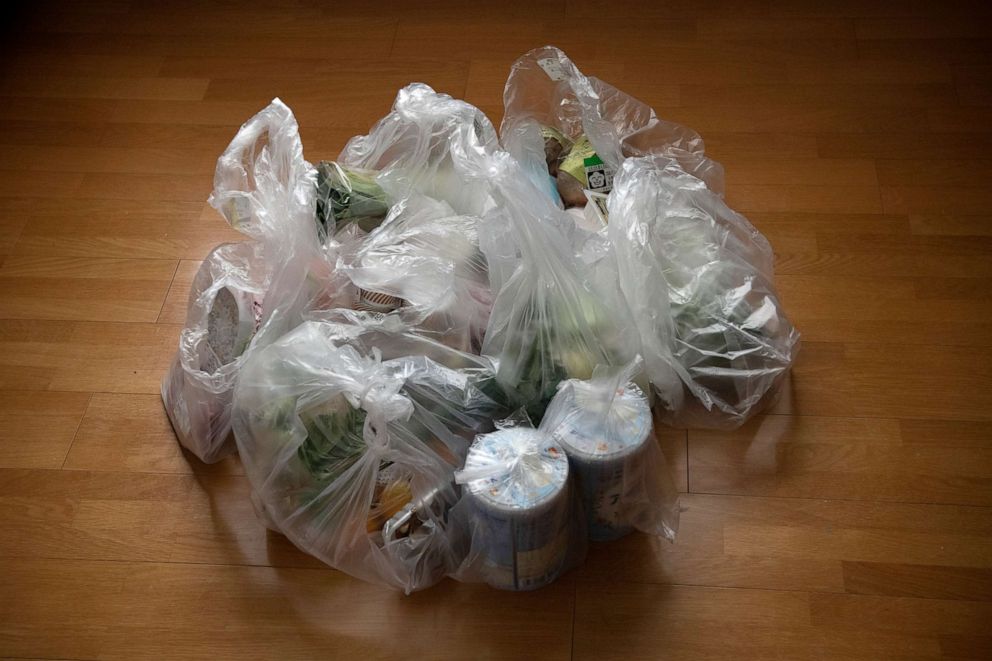
Individuals should think about where their money "sleeps at night" and remove it from the banks they believe do not have a commitment to the climate fight, Allen said.
"I think there really is an opportunity if consumers engage with their dollars and vote with their wallets to really increase the ambition of financial institutions with what the climate crisis demands," she said.
In addition, donate time or spare cash to organizations dedicated to the fight against climate change, Johnson said.
Eat sustainably
On of the easiest thing individuals can do in their daily lives to make an impact in the climate fight is simple switches to their diets, according to experts.
Individuals do not need to become a vegetarian or give up animal products altogether to reduce the carbon footprint of their meals.
"We're not turning them into vegans," Marty Heller, senior research specialist at the University of Michigan's Center for Sustainable Systems, told ABC News. "We're just saying, hey, eat something that is an average [carbon] footprint."
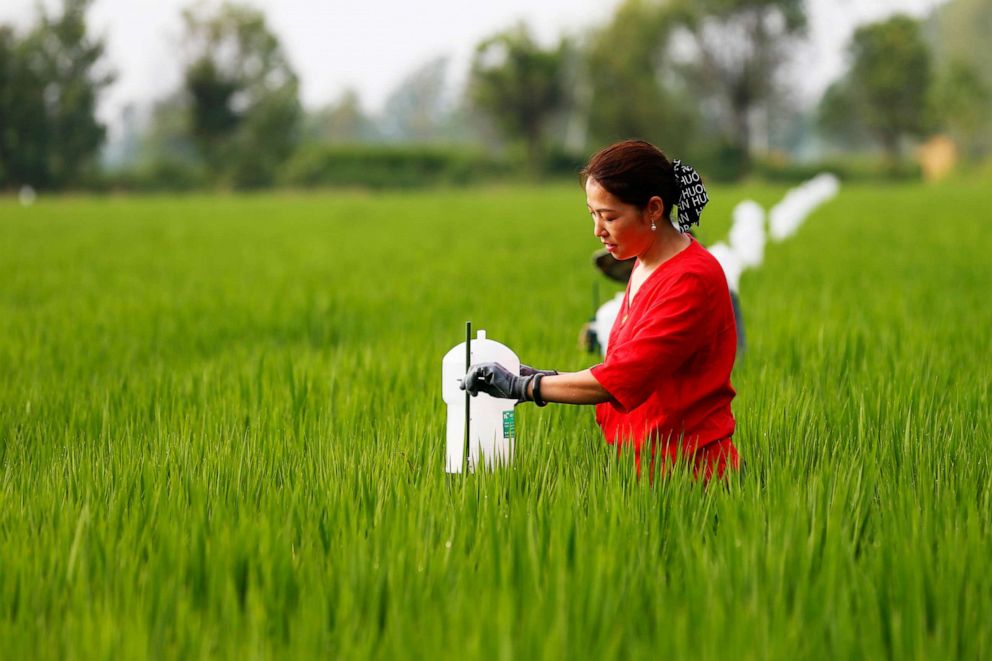
The easiest way to make a meal more sustainable is to eat less meat and more organic, plant-based foods -- the closer they were grown, the better, according to the experts.
Meat consumption is the largest culprit of greenhouse gas emissions in American diets. Individuals should cut back on beef consumption, which has a "monumental" carbon footprint compared to any other meat, Smerdon said.
Individuals should also choose foods that are grown regeneratively, which restores carbon to the soil, "where it belongs" and plant trees and grow their own food, even if with just a small plot of land, Johnson said.
We can no longer wait on large changes from the federal government
Individuals will find more success addressing the impacts of climate change on their local communities rather than wait on the federal government to pass sweeping legislation, Smerdon said.
Climate change is already here and impacted communities, as seen in the recent superstorms to hit the South and the wildfires burning in the drought-ridden West.
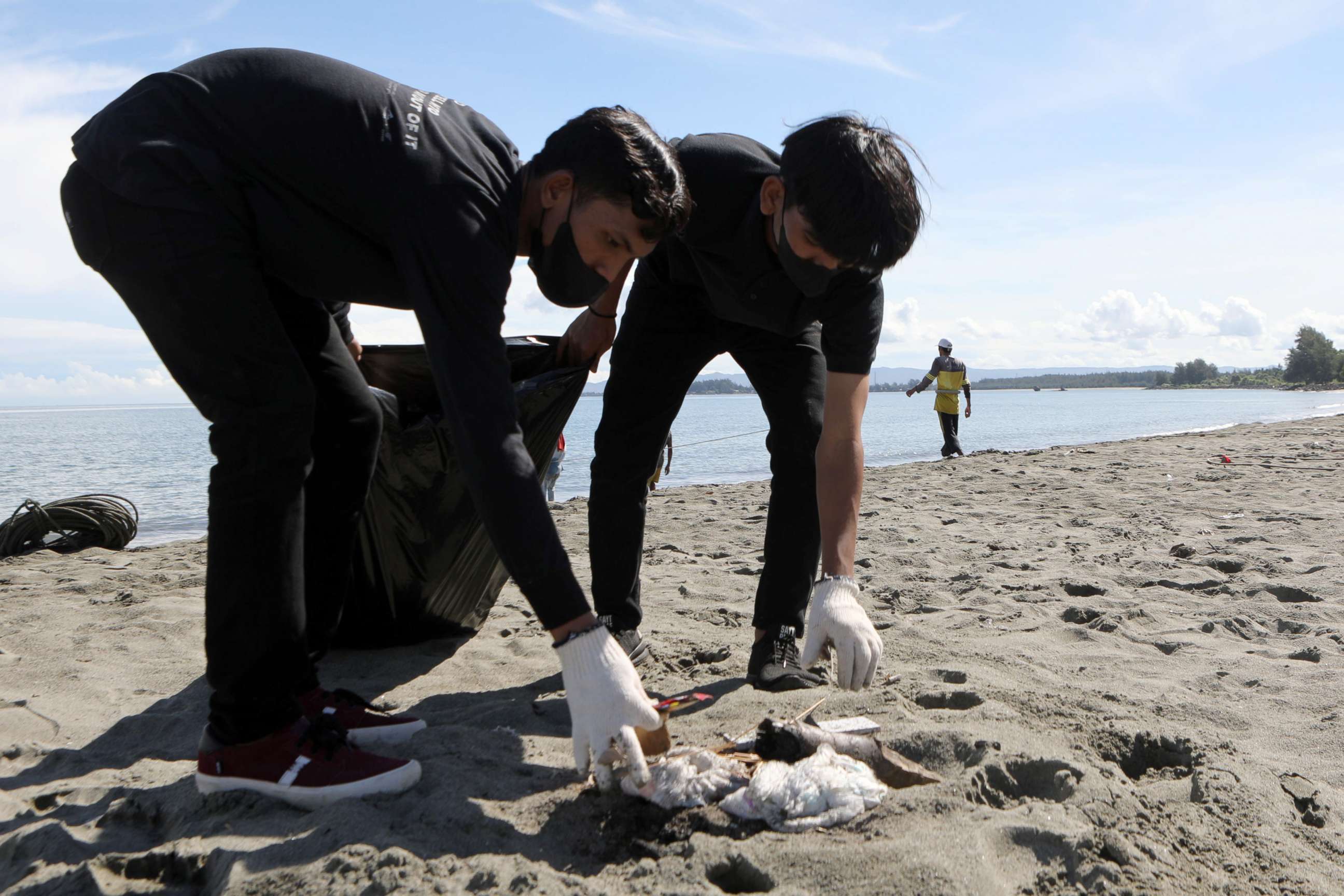
"So we have to engage locally," he said. "We have to engage our local networks, our local institutions, our local decision makers, to think about the impacts of climate change in our communities and make our communities more resilient and interconnected."
'Individual efforts only go so far'
While there are several things people can do to reduce their carbon footprint, there are more reasons why placing the burden on individuals is "simply not enough," Smerdon said.
The guilt that people associate with the their carbon footprint and the carbon footprint of others is not actually helping to slow down global warming, he added.
"And when people start to feel guilty about what they are doing or not doing, it can lead to a sense of paralysis and a feeling of guilt that's not productive," Smerdon said.
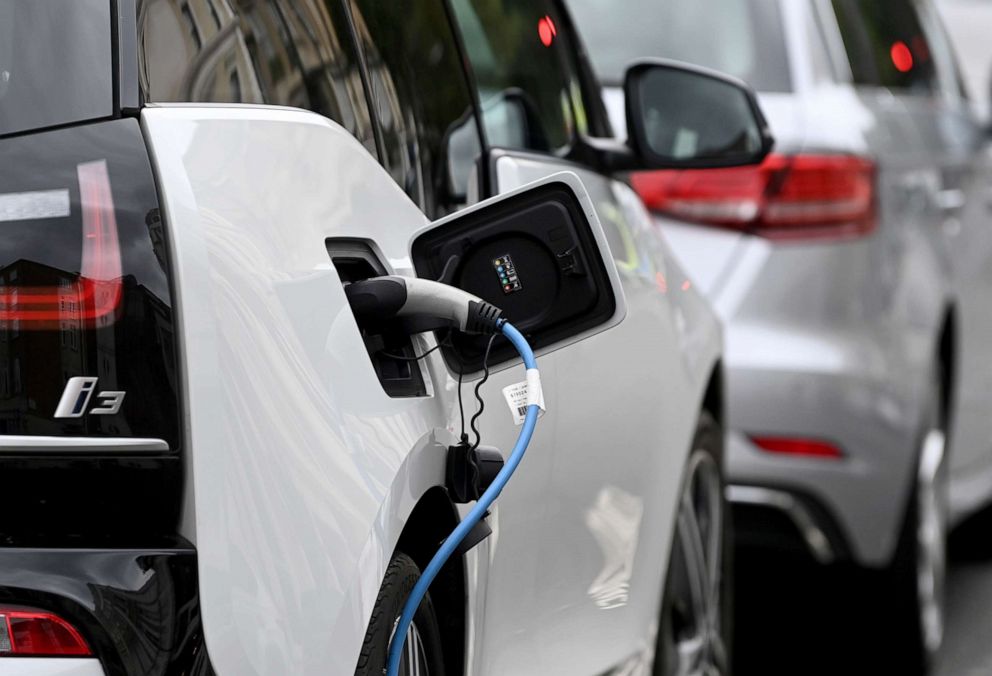
Smerdon gave an example of the pandemic, and how it stalled the transportation sector across the globe in 2020.
"Despite all of the individual sacrifices that we made -- staying in our homes or apartments, not traveling, not going out much at all -- that made a very minimal dent in the overall emissions," he said. "And so that really indicates that these are systemic characteristics of how we do business, how we create energy on the planet."




